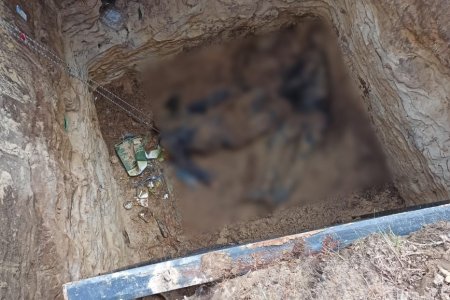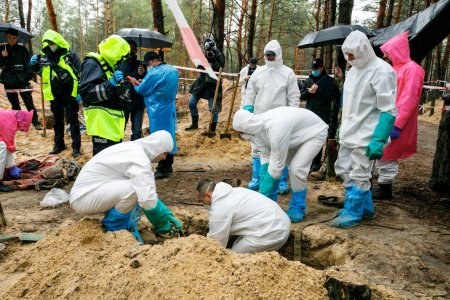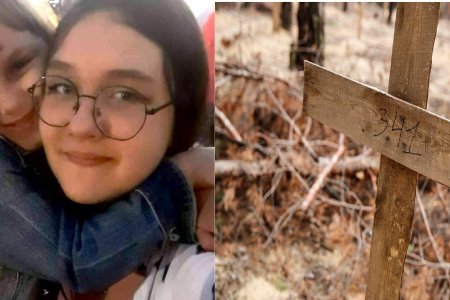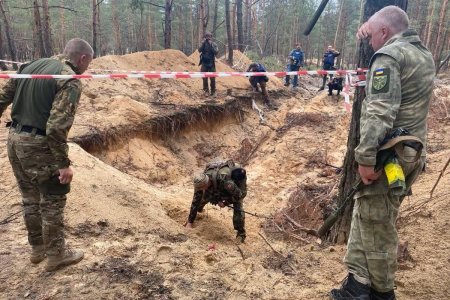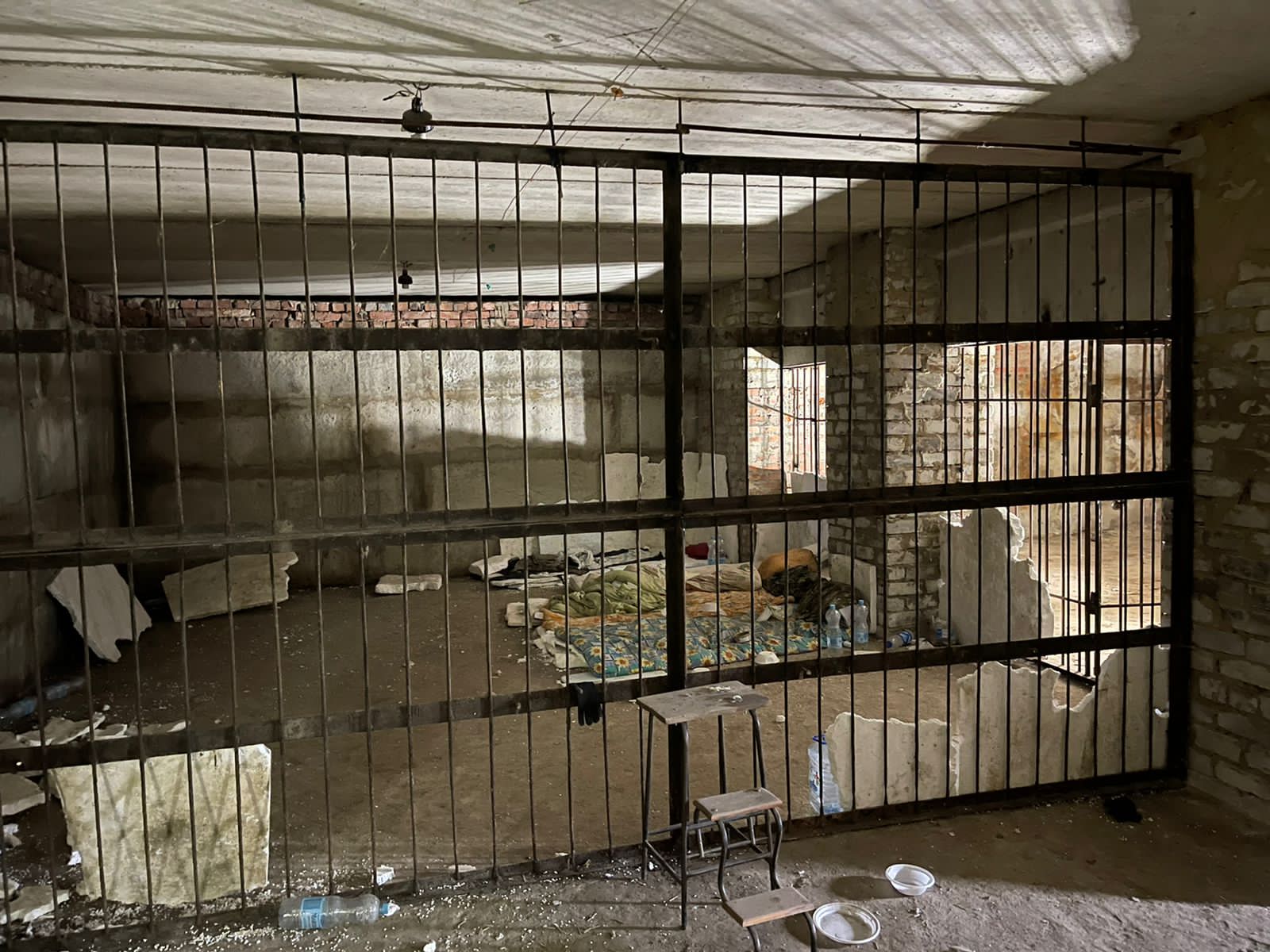
Soon after the Russians invaded Kozacha Lopan, a Kharkiv oblast urban settlement near the border, they came for Oleh Dyhalo, a local politician. They abducted and mercilessly beat up three men – Dyhalo himself, his 29-year-old son, despite knowing that the young man suffers from haemophilia and his nephew. The account that Dyhalo has given to Radio Svoboda is only one of the many stories of torture and savagery to which local residents were subjected during the months of Russian occupation. Investigators have already found several basements or other premises which the Russians used to imprison and torture civilians, and the bodies have been found of a number of victims.
Dyhalo lives in Kozacha Lopan and breeds horses, many of whom the invaders killed. Although it is often unclear why the Russians imprisoned this or that civilian, Dyhalo was probably targeted because of his position as council member of the Derhachi City Hromada. He was at home, with his wife, son and 17-year-old daughter, as well as his nephew, the latter’s wife and daughter, when the Russians turned up on 17 March. They began shooting in the air, forced everybody to the ground, tied up the three men and took them away to a basement, seemingly the one at the Kozacha Lopan railway station.
Dyhalo pleaded with the Russians to not beat his son, since the young man’s condition means that the bleeding such beating could cause would not stop and could kill him. He says, obviously distraught, that the more he shouted, the more they beat his son.
His son and nephew, Artem, were held and beaten for three days but were then released. The Russians kept Dyhalo in that basement for eight days, and then took him to Hoptivka, which was also then under Russian occupation, where he was imprisoned for a further two days.
The Russians first held Dyhalo hanging from his hands, then beat him in the chest, on the legs with a stick or baton. They injected him with something on the legs, saying that they wanted to get the flesh off his bones, so that he became an invalid. There were a lot of people thrown into the same basement. On the eighth day, the Russians told them to steel themselves, as new people (i.e. Russians) “who we’re afraid of ourselves” had arrived. Two Russians turned up and took him to the first floor of the railway station where he was both beaten and tortured with the use of electric currents, attached to his earlobes. They also threatened to bring in his 17-year-old daughter and have a lot of the Russian soldiers rape her, with her father forced to watch.
Dyhalo adds that his daughter is now safely abroad, but that she is saying that when she turns 18, she will join the Ukrainian Armed Forces.
Kozacha Lopan was liberated on 11 September. Despite only having a population of around five thousand people, the Russians set up several ‘prisons’ where they held and tortured residents of both Kozacha Lopan and surrounding populated areas. Investigators found machines used to torture people, as well as documents regarding the pseudo ‘people’s militia’, etc.
The Media Initiative for Human Rights reported on 18 September that the Russians had used at least three premises as prisons, including the railway station. There were two rooms in the latter which the Russians used for interrogating the civilians they seized. Such ‘interrogation’ constituted simply beating out supposed ‘confessions’ to crimes, or information that the Russians wanted.
The victims were then taken to other premises, a vegetable loading base and a café where they were imprisoned – and tortured – in the basements. At the first of these places, the invaders erected a cage in which they held men and women prisoner together.
Criminal investigations are still underway, including with the help of Dutch and other foreign investigators. As of 18 November, investigators in Kharkiv oblast have found 25 premises which the Russians used to imprison and torture Ukrainian prisoners of war and civilian hostages.
